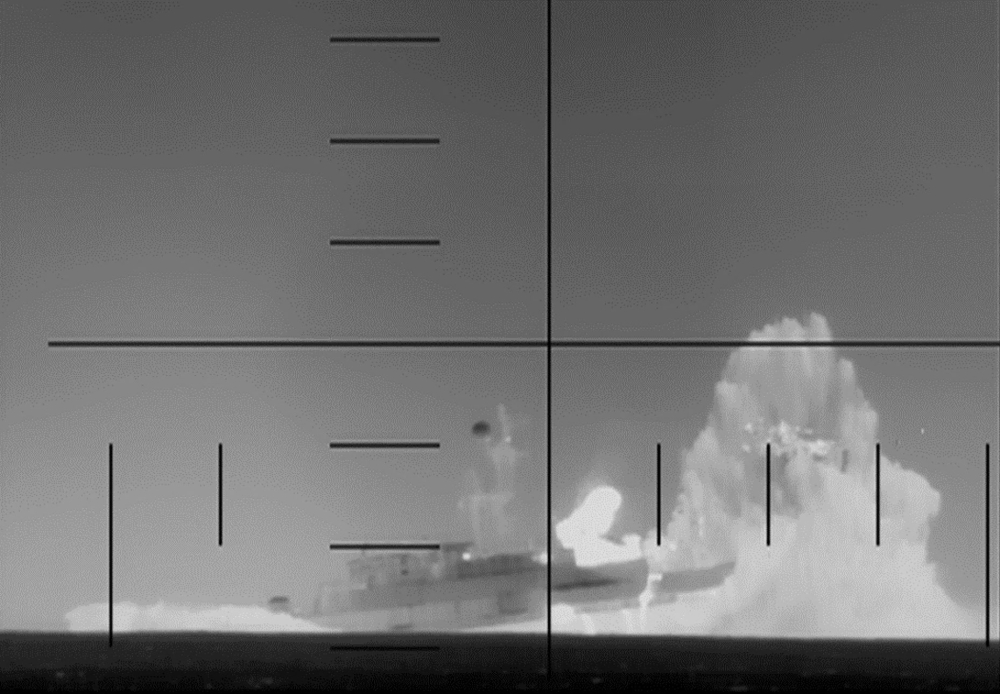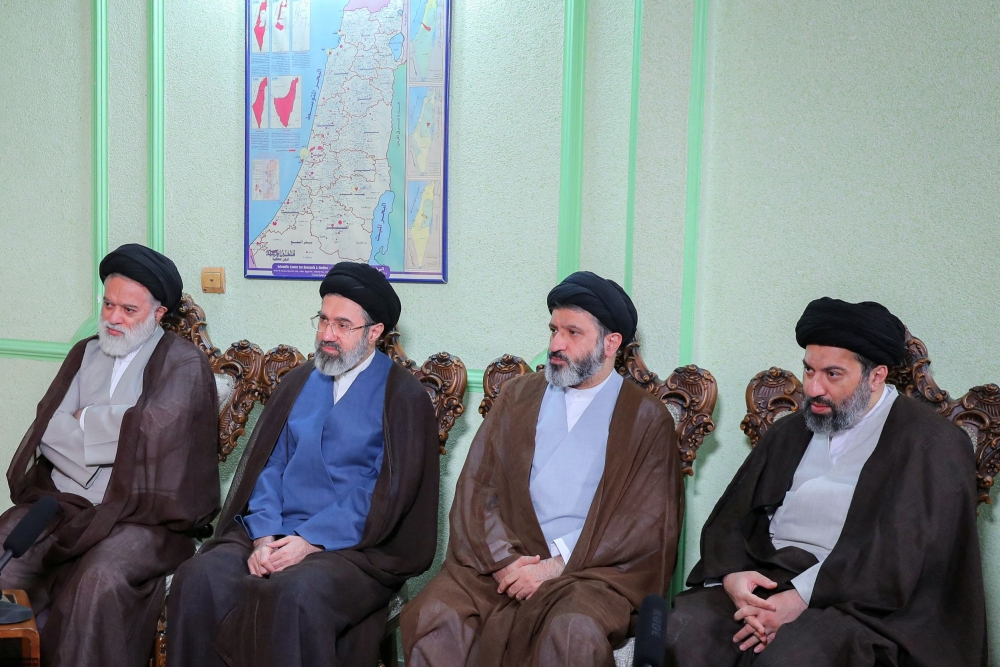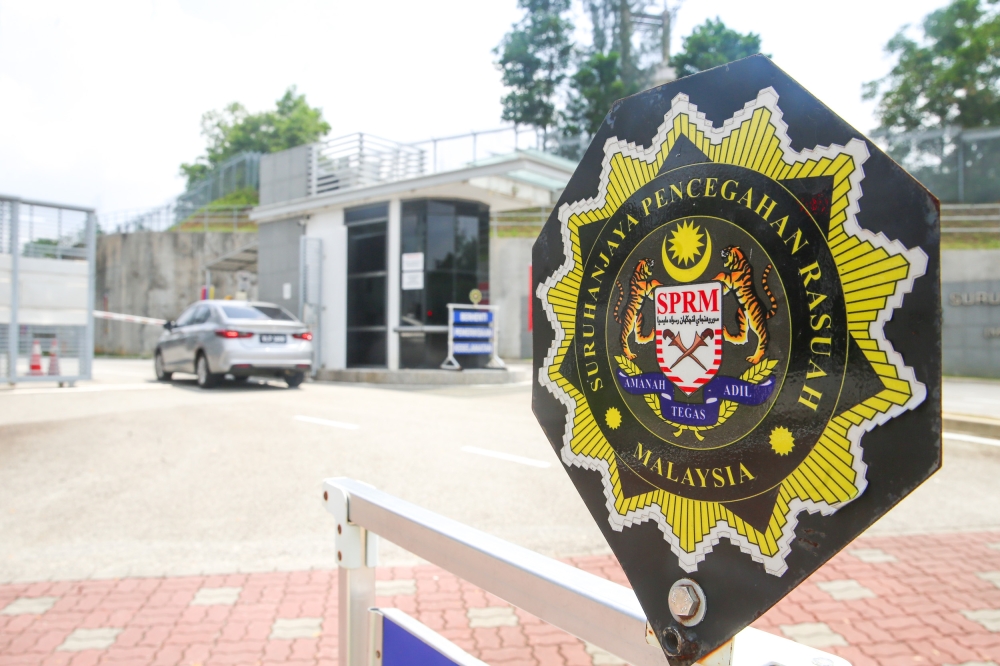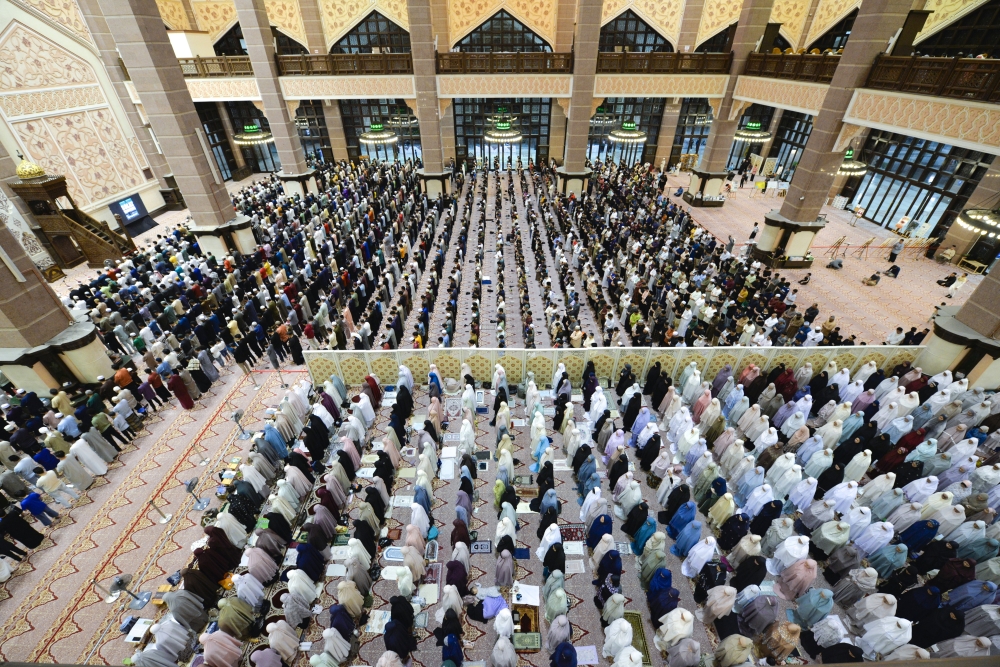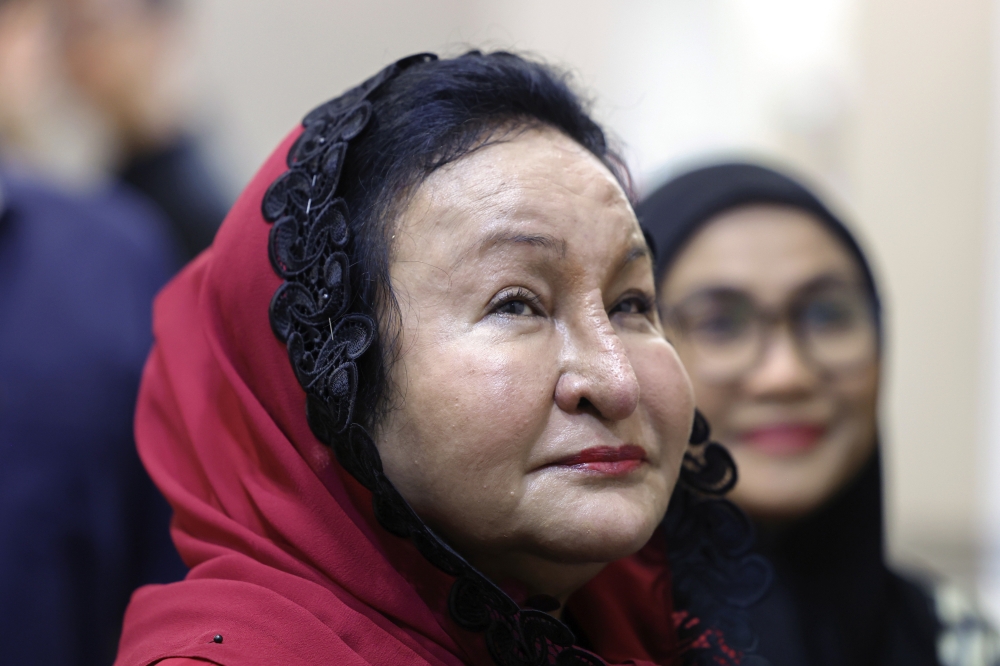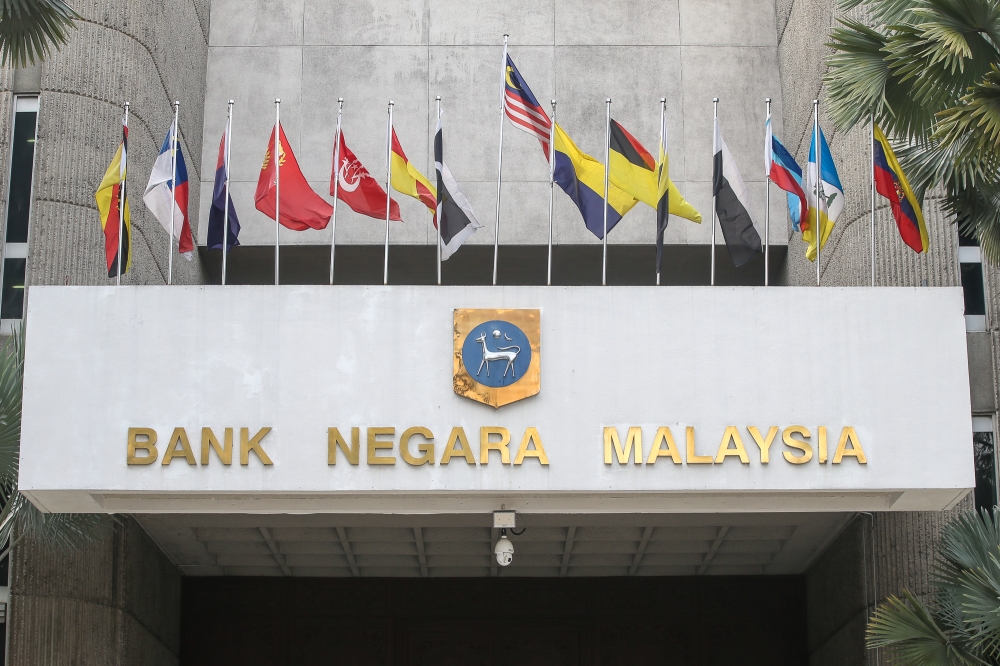DECEMBER 10 — The decision of the Federal Court in the case of Yang Dipertua, Dewan Rakyat & Ors v Gobind Singh Deo [2014] was cited in the Dewan Rakyat in support of the argument that the Speaker’s decision to suspend Awang Hashim (PN-Pendang) under Standing Order 44(2) was unconstitutional.
Briefly in that case, the Dewan Rakyat passed by a resolution that then MP for Puchong (hereafter will be referred to simply as Puchong) be suspended for a period of 12 months and that he be not paid the prescribed allowances and benefits of a Member of Parliament (MP) during the suspension period.
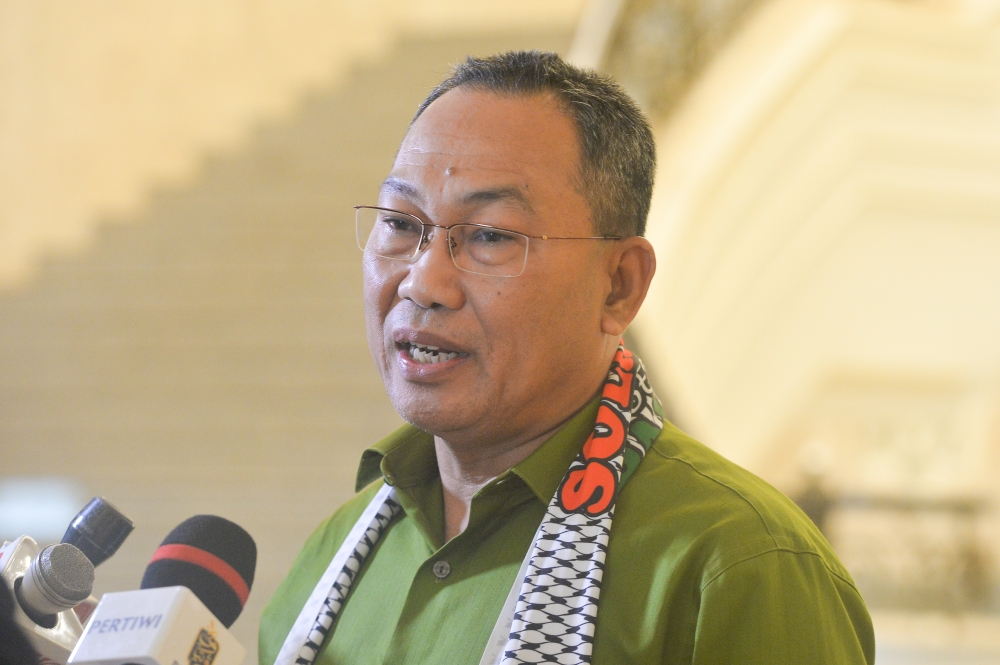
Puchong then applied to the High Court for a declaratory order that the resolution be declared null and void and that he was entitled to be paid the remuneration under Article 64 of the Federal Constitution. The High Court ruled that the resolution suspending Puchong for the period was non-justiciable. The prayer was accordingly dismissed.
The High Court, however, allowed the prayer relating to the application in relation to the withholding of remuneration during the suspension period. The High Court ruled that in the absence of an express enabling power to do so, the decision to deprive Puchong of the allowances and benefits prescribed by the Members of Parliament (Remuneration) Act 1980 (Act 237) was declared to be null and void.
The latter decision was appealed against to the Court of Appeal. Puchong did not appeal on the dismissal of his application for a declaration in respect of his suspension as a Member of Parliament for 12 months.
In its judgment, the Court of Appeal held that the non-payment to Puchong of his remuneration during the period of his suspension from Parliament had no legal basis. It was held that his right to remuneration during his suspension was a justiciable issue.
Leave to appeal was granted by the apex court for the determination of the following questions of law:
(a) whether Article 62(1) of the Federal Constitution read with Standing Order 44(8) Standing Orders of the Dewan Rakyat empowers Parliament to take any disciplinary action against any of its members via motion premised on the breaches of the rights and privileges as a Member of Parliament and/or under contempt of the House and punishable with suspension without remuneration;
(b) whether Parliament has any inherent powers and jurisdiction to discipline its members on any charges of breaches of the rights and privileges as a Member of Parliament and/or contempt of the House within the walls of Parliament:
(i) if the answer to question (2) is in the positive, whether the powers of Parliament to impose punishment to discipline its members within its walls is absolute and exclusive; and
(c) whether the passing of a motion in Parliament constitutes a proceeding in Parliament and protected by Article 63(1) of the Federal Constitution.
In dismissing the appeal on the questions of law above, the Federal Court held as follows:
(1) Section 9 of the Houses of Parliament (Privileges and Powers) Act 1952 (HPPPA), is the only provision which provides for the acts of contempt of the House inclusive of the summary power to punish offenders. The courts do not have the jurisdiction to enquire into matters which arose out of and are internal proceedings and procedures of Parliament. Whether any act or omission, which obstructs or impedes either House of Parliament in the performance of its function, or which obstructs or impedes any Member or officer of such House in the discharge of his duty, or which has a tendency, directly or indirectly, to produce such results, may be treated as a contempt of the House which is essentially a matter for the Parliament itself to decide. What tantamount to contempt will depend very much on the facts.
(2) It was no longer an issue that the House has legal basis to find an MP guilty of contempt and to impose the punishment of suspension pursuant to Sections 9, 32 and 33 HPPPA .
(3) It is the Federal Constitution [being the supreme law) that decides whether Parliament is empowered to take any disciplinary action against any of its members in the form of suspension without remuneration. Constitutionally, the remuneration of an MP is guaranteed under Article 64 of the Federal Constitution. The language used under it is imperative, and understandably so because in providing remuneration for MPs, Parliament intended to provide them with a decent subsistence to enable them to carry out the duties free from any temptation of abusing the political powers and influence in order to acquire wealth. An undertaking whereby an MP is deprived of the remuneration is clearly against public policy as it would be hard for him to function effectively as an MP without financial worries.
(4) The House was not armed with powers pursuant to any Act or legal premise to withhold the remuneration against an MP – none existed at the date of the commencement of HPPPA. The general provision of Standing Order 44(8), which relates to non-deprivation of the House’s power to act, was of no assistance to uphold the decision of the House to suspend an MP’s remuneration.
(5) It was inconceivable that Parliament was permitted to allude to the Standing Orders when faced with the want of statutory authority, to suspend the remuneration of an MP, a course of action that unwittingly renders a constitutional provision meaningless. In the circumstances of the case, it was therefore manifestly patent that the resolution to disentitle an MP of his allowance and benefits was devoid of legal foundation. A constitutional protection granted to MPs by the imperative provision of Article 64 of the Constitution, which takes in the form of HPPPA, could not simply be displaced in the absence of clear law.
In his concluding remarks Federal Court Judge Suriyadi, who delivered the judgement of the apex court sitting with a quorum of five judges, said:
“[T]here is neither constitutional nor legal basis to empower Parliament to withhold the remuneration of a Member of Parliament. We hold the view that the privileges of Parliament in Article 63(1) of the Constitution cannot extend to the withholding of the remuneration through the impugned resolution, with a Standing Order as its vehicle, in the face of Article 64 of the Constitution.
“As Article 64, which is part of the supreme law of the Federation (see art 4(1)) demands Parliament to provide for the remuneration of Members of Parliament, it thus must bring itself within the confines and limits placed upon it by the Constitution; it is up to the House to carry out the necessary amendments of the relevant Act if it wishes to be so empowered.
“To wind up the appeal, questions 1 and 2(i) are answered in the negative whilst question 2 is answered in the positive. Question 3 is answered in the positive.”
It is therefore humbly submitted that it is misleading to cite the above decision of the Federal Court to support the argument that the decision to suspend the MP for Pendang was unconstitutional.
* This is the personal opinion of the writer or publication and does not necessarily represent the views of Malay Mail.








